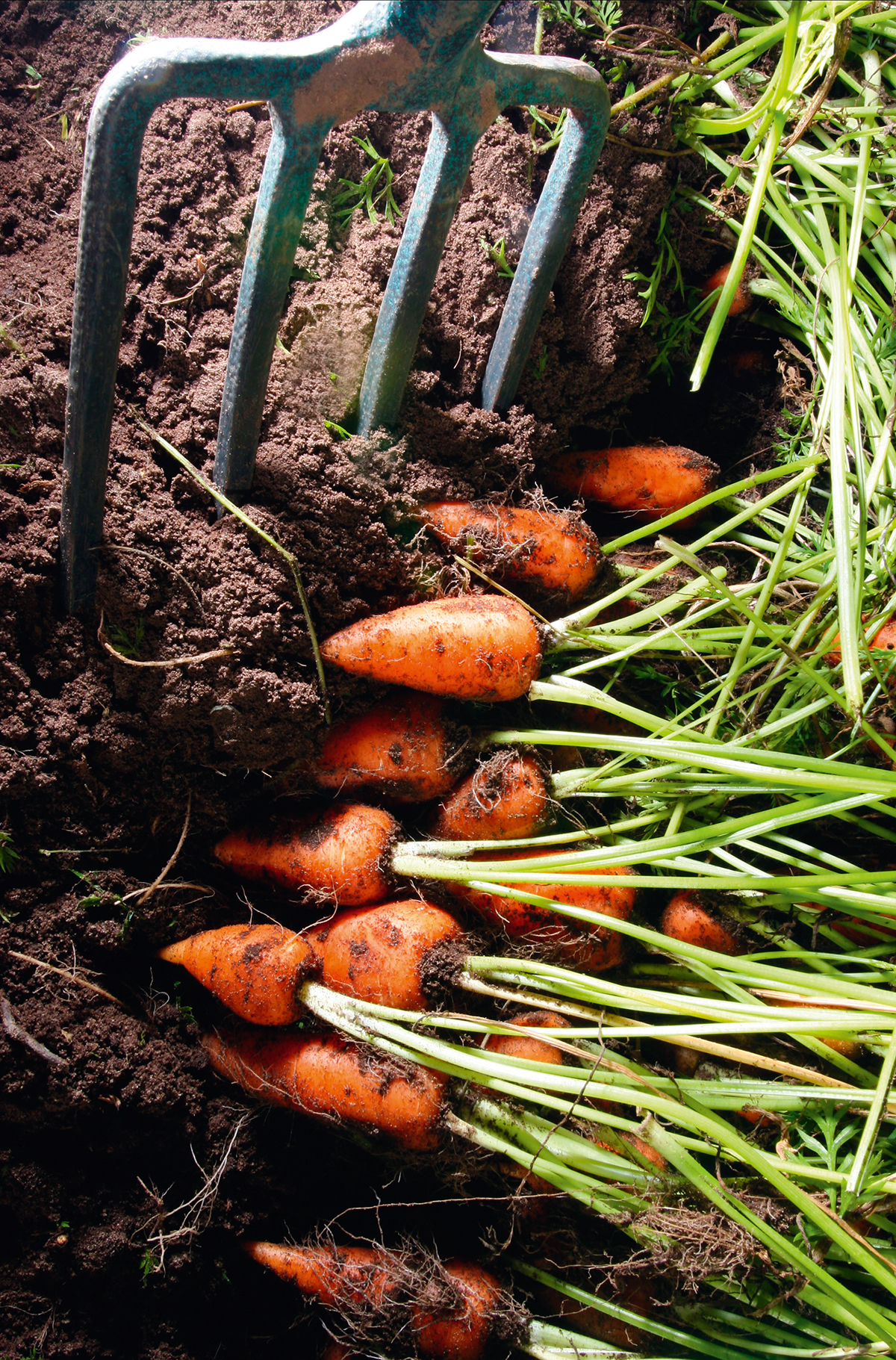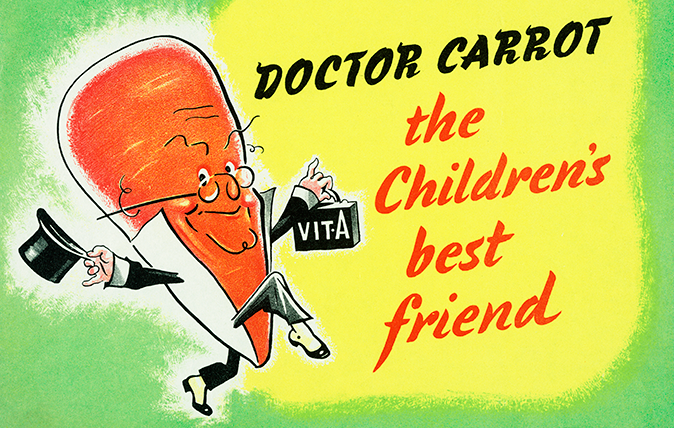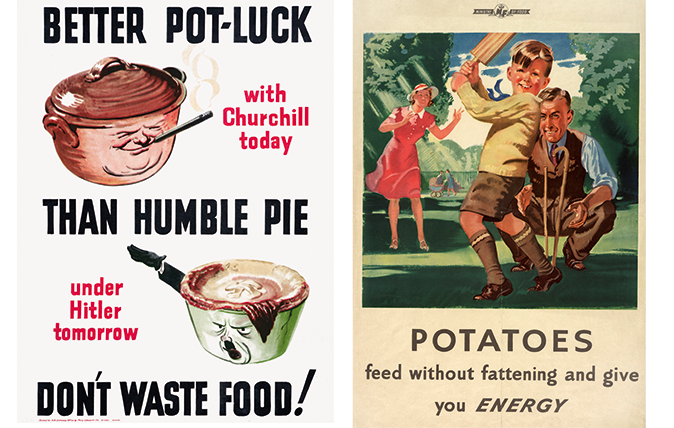The dawn of the carbon-neutral carrot
Annunciata Elwes reports on how vegetable growers are making their goods greener than ever.


Exquisite houses, the beauty of Nature, and how to get the most from your life, straight to your inbox.
You are now subscribed
Your newsletter sign-up was successful
At the beginning of August the world’s first carbon-neutral carrots were launched by a group of 10 Nottinghamshire farmers; they are now being supplied to supermarkets, restaurants and other food outlets across the country.
Formed in 1998 and with land totalling some 20,000 acres, cooperative Freshgro has pioneered the return to the UK of Chantenay carrots — which fell out of favour from the 1960s — and is now the world’s leading supplier. Between them, the farms cover more than 90% of the UK market for the variety — increasingly popular as they don’t need to be peeled. The latest 2021/22 crop has arrived with an impressively low carbon footprint of 0.03grams of CO2 per kilogram of carrots (calculated from greenhouse-gas emissions of 363 tons of carbon equivalent (CO2e) from production and harvesting of 12,500 tons of carrots). For perspective, the average carbon footprint for a kilogram of bananas is 0.7kgCO2e, eggs 4.5kgCO2e, milk 3kgCO2e and beef 60kgCO2e.
‘We’ve been working on this for a decade and a lot of it is simple common sense,’ explains Freshgro CEO and qualified agronomist Martin Evans.
‘Each year, we tweak our practice to make it better and better for the environment, from wash-water recycling to wind turbines, solar panels, using the right tractor for the right job and the biodiversity of our land in general (tree planting and so on) — all of this is taken into account. All the product is grown within 10–15 miles of the factory and our work on the Chantenay’s genetics, such as ensuring the crop stores better in warmer winters, has driven through efficiencies, too.’
He continues: ‘Growing carrots in and around the Sherwood Forest landscape char- acter area, we have always taken pride in soil conservation, provision of habitat for farmland birds and insects and sympathetic hedgerow management. Now, with our carbon-neutral status and new sustainability plan, we are seriously upping our game to deliver even more for the environment.
‘And we shouldn’t stop. We’re constantly researching and I firmly believe this is only the beginning. It’s about changing expectations and habits and I hope other vegetable growers will follow suit.’

Gluten-free carrot cake with cinnamon-and-maple mascarpone frosting
A recipe for gluten free carrot cake, and a couple of other delicious recipes with carrots.
Exquisite houses, the beauty of Nature, and how to get the most from your life, straight to your inbox.

Credit: Melanie Johnson/Country Life
Two cakes for the price of one: A salted caramel cheesecake with a carrot cake base
Best friends, carrot cake and cream cheese are fully celebrated in this innovatice recipe, with a salty twist. Thank Melanie

Victory in the Kitchen: How the carrot helped Britain win the Second World War
Britain's ingenuity in the wartime extended to the kitchen, and there's no better example of this than the humble carrot.

Six authentic wartime recipes to celebrate VE Day, from Lord Woolton's pie to 'Surprise Potato Balls'

Credit: Melanie Johnson
Carrot, blood-orange and hazelnut cake with cream-cheese frosting
Carrot cake, but not as you know it.

Credit: Rowse Honey
How to make carrot and honey cake with mascarpone honey icing
Proof that, even when the sun is beating down and the mercury is working its way towards 100 degrees, it's
Annunciata is director of contemporary art gallery TIN MAN ART and an award-winning journalist specialising in art, culture and property. Previously, she was Country Life’s News & Property Editor. Before that, she worked at The Sunday Times Travel Magazine, researched for a historical biographer and co-founded a literary, art and music festival in Oxfordshire. Lancashire-born, she lives in Hampshire with a husband, two daughters and a mischievous pug.
